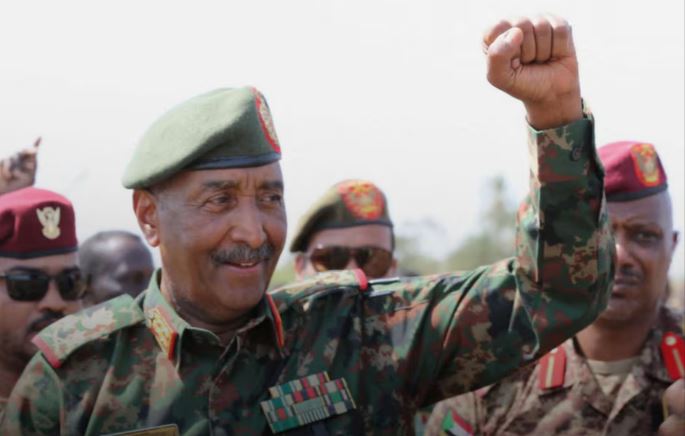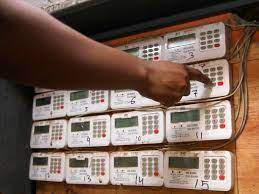Sudan envoy defies junta’s orders to cut ties with UAE, saying it is "irrelevant"

The decision, ostensibly driven by accusations that the UAE is arming the Rapid Support Forces (RSF), is now sparking an international legitimacy crisis.
As Sudan's civil war rages on, its diplomatic corps is fracturing along with its fragile state.
In a rare act of defiance, Sudan's ambassador to the United Arab Emirates, Abdulrahman Sharafi, has rejected an order by the military-led government in Port Sudan to sever diplomatic ties with Abu Dhabi.
More To Read
- Sudan army makes major gains in South Kordofan, retakes key villages from SPLM-N
- Sexual violence driving mass flight from Sudan to South Sudan: What you need to know
- Sudan’s RSF declares three-month ceasefire amid backlash over civilian attacks
- Why UN’s gradual move back to Khartoum, Sudan is ‘an important step’
- Africa set for major tech leap as UAE commits Sh129 billion to AI expansion
- UAE, US top diplomats discuss Sudan ceasefire efforts
The decision, ostensibly driven by accusations that the UAE is arming the Rapid Support Forces (RSF), is now sparking an international legitimacy crisis.
"I will not give up my duty to our citizens in the UAE," Abdulrahman told Al Ain News, calling the dismissal order "irrelevant" and "not legally binding."
The ambassador maintains that the Port Sudan authorities "do not represent the Sudanese people" and lack the constitutional mandate to make such decisions.
He has vowed to remain at his post and continue providing consular services.
The junta's move to expel the UAE's influence came just a day after the International Court of Justice threw out a case filed by Sudan accusing the Emirates of violating the Genocide Convention by allegedly supplying weapons to the RSF.
The court found it had "manifestly lacked jurisdiction," dealing a blow to the junta's legal and diplomatic standing.
The UAE has also dismissed the Port Sudan decision, stating that it "does not recognise the legitimacy" of the military government and remains committed to its historical ties with the Sudanese people.
The Emirati Ministry of Foreign Affairs emphasised that the rupture declared by the junta would not affect relations with "Sudan and its dear people."
Abdulrahman's stance lays bare the power vacuum and deep divisions plaguing Sudan's institutions.
Competing claims of legitimacy between General Abdel Fattah al-Burhan and RSF leader Mohamed Hamdan Dagalo (Hemedti) have paralysed governance, diplomacy, and the peace process.
Top Stories Today











































